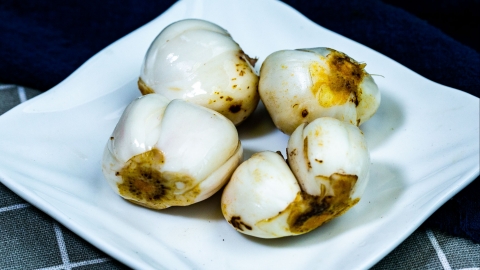Can Fungus Vegetables and Lily Bulbs Be Eaten Together?
Generally speaking, Malabar spinach and lily bulbs can be consumed together, but intake should be moderated. Detailed explanations are as follows:

Malabar spinach is rich in vitamins, minerals, and dietary fiber, while lily bulbs contain protein, polysaccharides, and colchicine. When consumed together, these foods can diversify nutrient intake and supply various substances necessary for the body. Stir-frying or making soup with them can better preserve their nutritional value. Moderate consumption will not cause adverse reactions and can help supplement nutrients and support normal metabolism.
However, excessive intake of lily bulbs containing colchicine may cause discomfort. Eating excessive amounts of both Malabar spinach and lily bulbs together may increase the burden on the digestive system. For individuals allergic to Malabar spinach or lily bulbs, consuming them together may trigger allergic reactions, such as skin itching, rashes, or breathing difficulties. For individuals with a cold or weak spleen and stomach, the cooling properties of Malabar spinach combined with lily bulbs may exacerbate gastrointestinal discomfort, leading to abdominal pain and diarrhea.
Additionally, in daily diets, it is important to maintain balanced nutrition and diverse food intake, avoiding excessive consumption of any single food to promote overall health.




